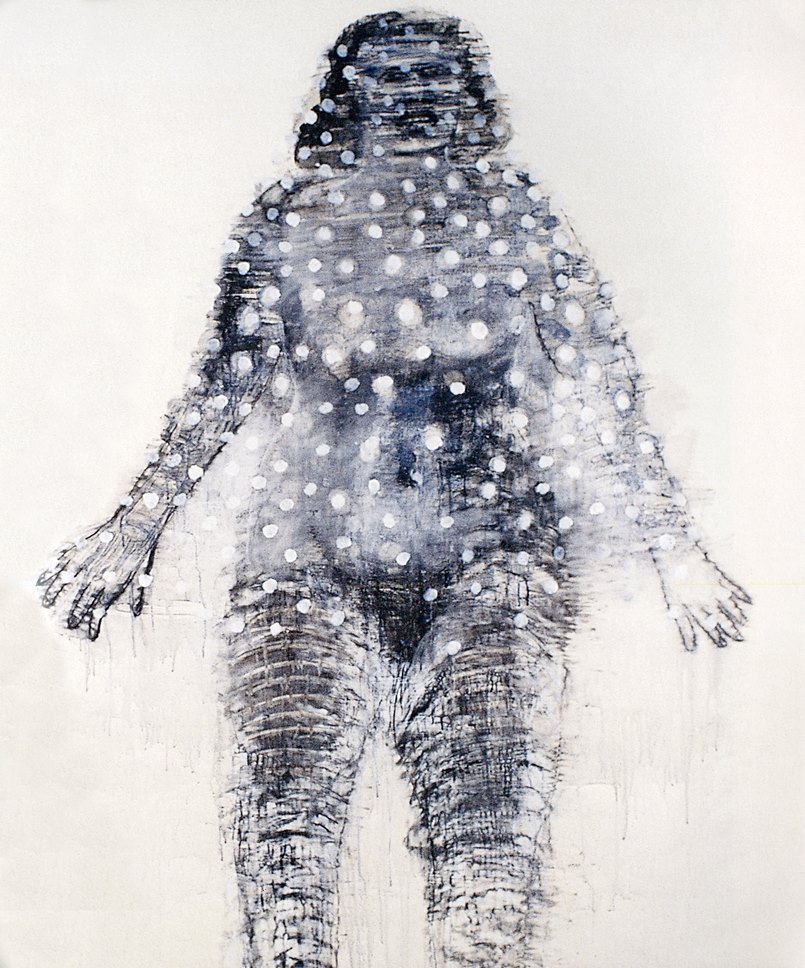My talk examines the world-configuring function of art history at the transition from the nineteenth to the twentieth century, as it sought to produce authoritative knowledge about nations, cultures and the world. While participating in and even constitutive of processes of nation building, narratives about art were conceived of as a path to understand and account for the particularities of “national cultures”. My talk engages with these epistemic foundations and early histories of the discipline at a profoundly global conjuncture, as it negotiated a dialectic of crossing and redefining boundaries. From the strivings of early “world art histories” to encompass a new and ever-increasing diversity of objects that had made their way from regions of the world to Europe and had confronted museums, curators, publics and not least a discipline fixated on Classical Antiquity with fresh challenges, I look at the way concepts of modernist art history get appropriated, re-configured and also reaffirmed as the discipline migrates beyond Europe to colonies and young post-colonial nations.
Making Place for the World – Art History’s Unresolved Epistemic Frontiers
Monica Juneja (Chair of Global Art History at the University of Heidelberg / Art Histories Guest Scholar 2017)
Forum Transregionale Studien, Wallotstr. 14, 14193 Berlin

I argue that this exercise assumes an urgency in contemporary times as art history strives once again to become “global”, carried by the euphoria of dissolving borders and a shared art world generated by contemporary art and the “excess visibility” (Jean Fisher) it accords to cultural difference. To what extent does the “intimate proximity” (Okwui Enwezor) induced by the global contemporary eschew an engagement with art history’s unresolved epistemic frontiers, and what would be the logical consequences of a transcultural art history that seeks to replace inherited notions of culture and the art historical apparatus that rests on them with more dynamic models of identities constituted through relationships beyond the territorial frontiers of modern nation states?
Monica Juneja holds the Chair of Global Art History at the University of Heidelberg. Her research and published writing focus on transculturality and visual representation, disciplinary practices in the art history of Western Europe and South Asia, gender and political iconography, and architectural history of South Asia. Her book in preparation, Can Art History be Made Global? A Discipline in Transition, is based on the Heinrich Wolfflin Lectures that she delivered at the University of Zurich in 2014. Monica Juneja edits the series Visual and Media Histories (Routledge), is on the editorial board of Visual History of Islamic Cultures (De Gruyter), Ding, Materialität, Geschichte (Bohlau), History of Humanities (University of Chicago Press) and co-editor of Transcultural Studies. She is working in an advisory capacity in the program “Museum global?” with the Kunstsammlung Nordrhein-Westfalen, Düsseldorf and in the initiative “Europa-Welt” of the Staatliche Kunstsammlungen Dresden.

